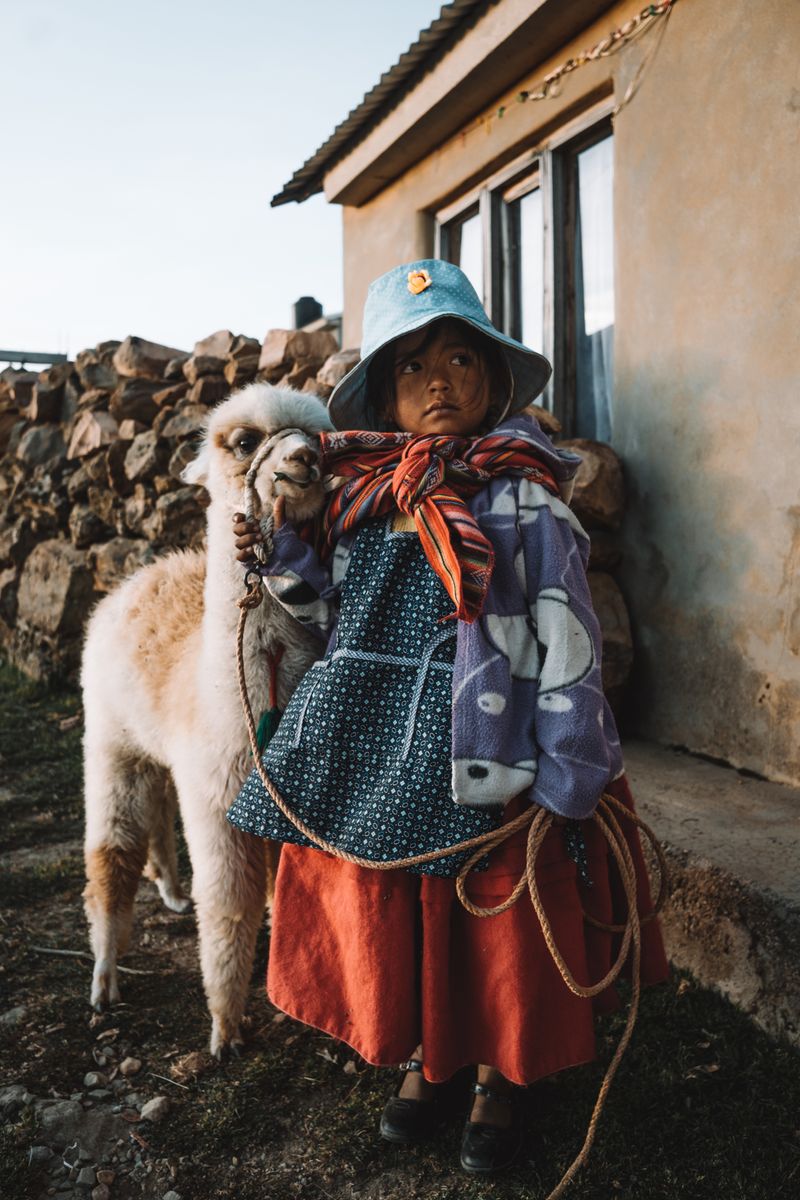On May 24th, Brazil’s lower house approved Bill 490/2007, which proposes a cutoff date curtailing the right of Indigenous peoples to their traditional land. If approved, Indigenous communities would not be able to secure legal recognition of their lands if they were not physically present on them on October 5, 1988. This arbitrary cutoff date violates international human rights law and sets a dangerous precedent for the protection of Indigenous land and territories worldwide.
The bill’s provisions would apply to all those pending cases, exacerbating the situation by delaying or preventing demarcation altogether. The uncertainty over titling makes Indigenous territories particularly vulnerable to encroachment by those involved in illegal land-grabbing and environmental crimes, fueling conflicts over land and violence against Indigenous peoples. Indigenous management of lands effectively prevents deforestation and delivers net climate benefits for the planet. Indigenous territories in Brazil and other Amazon countries have registered lower deforestation rates in relation to comparable areas, making demarcation and protection of lands fundamental to upholding Indigenous rights and successful conservation efforts.
International standards call for effective consultation in good faith to obtain Indigenous peoples’ free and informed consent before enacting legislation or approving projects that would affect their lands and livelihoods. Brazil’s Constitution recognizes Indigenous peoples’ right to “the lands they traditionally occupy,” without any time limits or arbitrary cutoff dates, and obliges the federal government to demarcate Indigenous territories and protect them. Choosing an arbitrary cutoff date and refusing to recognize ancestral lands claimed after that date is contrary to international standards.
The United Nations Declaration on the Rights of Indigenous Peoples recognizes that Indigenous peoples have the right to the lands, territories, and resources that they have traditionally occupied or used. In line with this standard, countries should provide legal recognition and protection to traditional lands, including those that Indigenous peoples were forced to leave or had otherwise lost.
The proposed bill also contains other problematic provisions, including allowing the government to explore energy resources and expand strategic roads in Indigenous lands without consultation with Indigenous peoples. The Indigenous affairs agency and Minister of Indigenous people have denounced the bill, but Agriculture Minister has defended it during an interview for a talk show.
President Lula has created a new Indigenous Peoples Ministry and resumed titling of their lands, though his government has sent mixed signals on the cutoff date. The Solicitor General’s Office adopted a legal opinion that upheld the 1988 cutoff date in 2017, but the Court suspended its implementation in 2020, pending its final ruling. The new Solicitor General, Jorge Messias, should repudiate the position and urge the Supreme Court to uphold Indigenous rights.
Approving this bill would violate human rights and signal that Brazil is failing to live up to its commitments to protect the communities that are proven to best protect its forests. The court’s final ruling may prove instrumental in the future of Indigenous peoples’ land rights protection, and Brazil should lead the way in ensuring the rights of its Indigenous peoples are protected.

<< photo by Alex Azabache >>
You might want to read !
- Shell’s Sale of Niger Delta Oil Business: Implications for Human Rights Under New Nigerian Government
- Assessing Nigeria’s Human Rights Record: Recommendations for the New Government
- Japan’s “Hostage Justice” System: A Violation of Human Rights.
- The Devastation of Borneo’s Rainforest: A Catastrophic Result of Industrialization
- Illegal Gold Mining in the Amazon: A Threat to Biodiversity
- Pakistan’s Crackdown on Political Opponents Sparks Concerns over Democracy.
- Uncovering China’s Protest Movement: A Revealing Historical Account
- The Democratic Republic of Congo: Suppressing Dissent Through Brutal Force
- Greenpeace Demands Climate Reparations as Typhoon Mawar Menaces the Philippines.